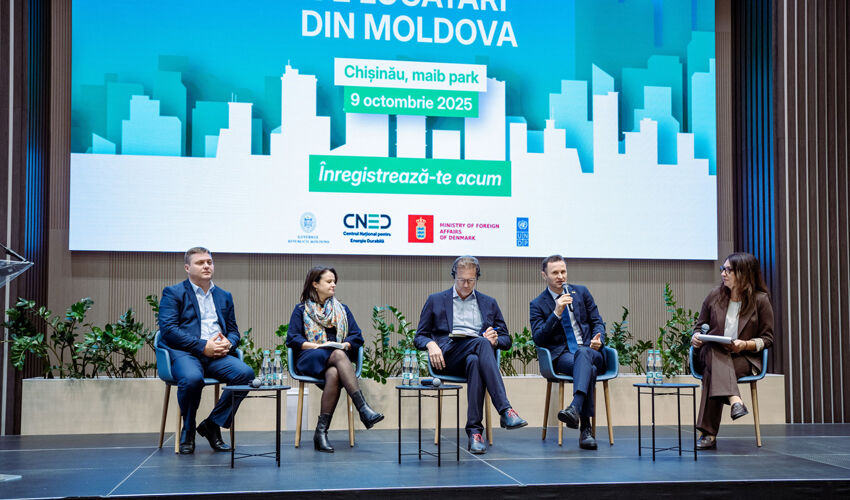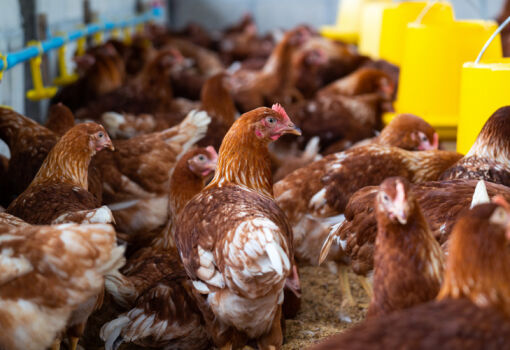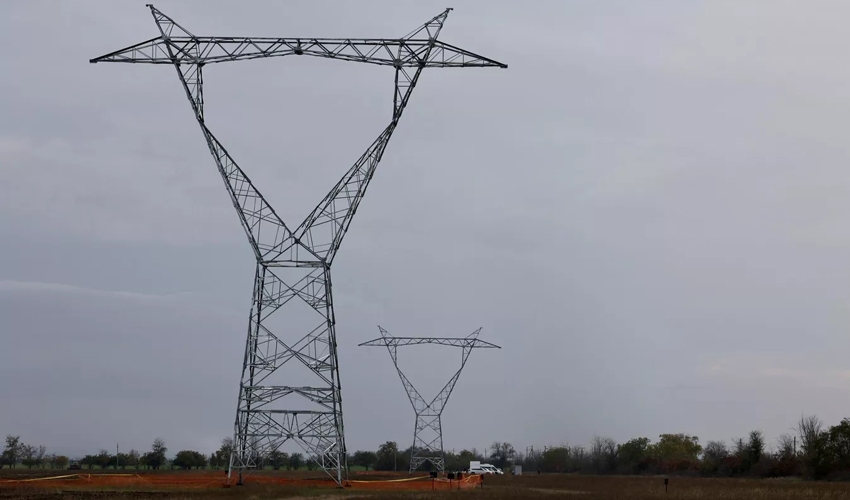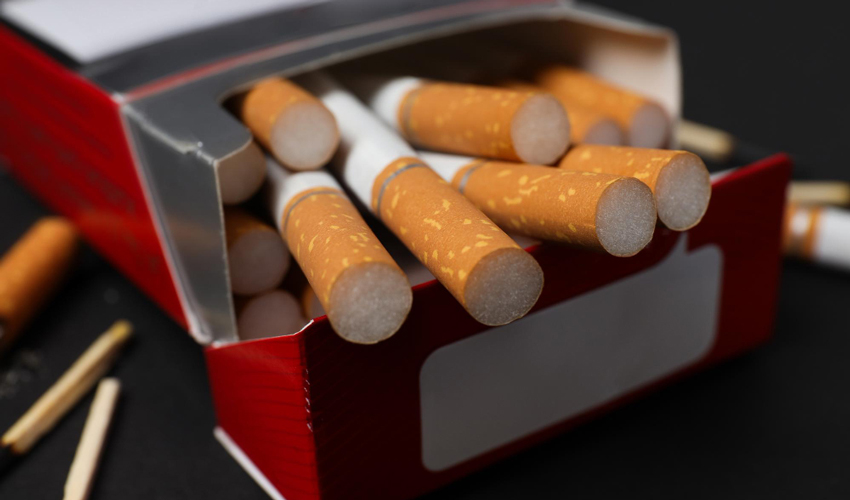
This was discussed at the first Forum of Homeowners’ Associations, which took place on October 9 in Chisinau
It brought together more than 500 chairpersons of associations from all over the country, as well as government representatives and development partners. The Forum was organized by the National Center for Sustainable Energy (CNED) in partnership with UNDP Moldova and with financial support from the Government of Denmark.
Discussions focused on financing mechanisms, legal aspects of association reorganization and the long-term benefits of energy efficiency investments.
“Energy efficiency is no longer just a technical concept, but an essential tool for economic and social development. By reducing energy consumption and heating costs, increasing thermal comfort in homes we contribute not only to the well-being of each family, but also to reducing the burden on the environment and natural resources,” said Energy Minister Dorin Jungietu.
CNED Director Ion Muntean presented the financial solutions for the energy renovation of apartment buildings, developed within the Financing Program of the “Fund for Energy Efficiency in the Residential Sector of Moldova” (FEERM).
“To support the transition to a more energy efficient residential sector, we have developed a range of financial products adapted to the needs of tenants and the specificities of our market. These solutions make investments more accessible and attractive to citizens. Our goal is to reduce energy bills by more than 100 million lei per year for the beneficiaries of the FEERM program,” Ion Muntean stressed.
The FEERM program envisages a budget of over 1.4 billion lei by the end of 2027 and envisages renovation of at least 507 thousand square meters of heated area over the next three years, of which 75% are residential buildings.
Financing instruments include grants amounting to 70% of the investments to be included in the program for Homeowners Associations. At the same time, their own contribution will be only 30%. Owners of energy vulnerable apartments and individual houses will receive subsidies of up to 90% of the contribution paid from the Energy Vulnerability Reduction Fund.
UNDP Deputy Resident Representative in the Republic of Moldova Seher Enner emphasized the crucial role of citizen engagement. “These projects have demonstrated that when homeowners are empowered to actively participate in the management of common property, the results are immediate. By involving citizens in decision-making processes, we ensure the sustainability and success of modernization initiatives,” she said.
An important moment of the event was the signing of an agreement on financing the energy rehabilitation of an apartment building on Alexandru cel Bun Street in Ialoveni.













